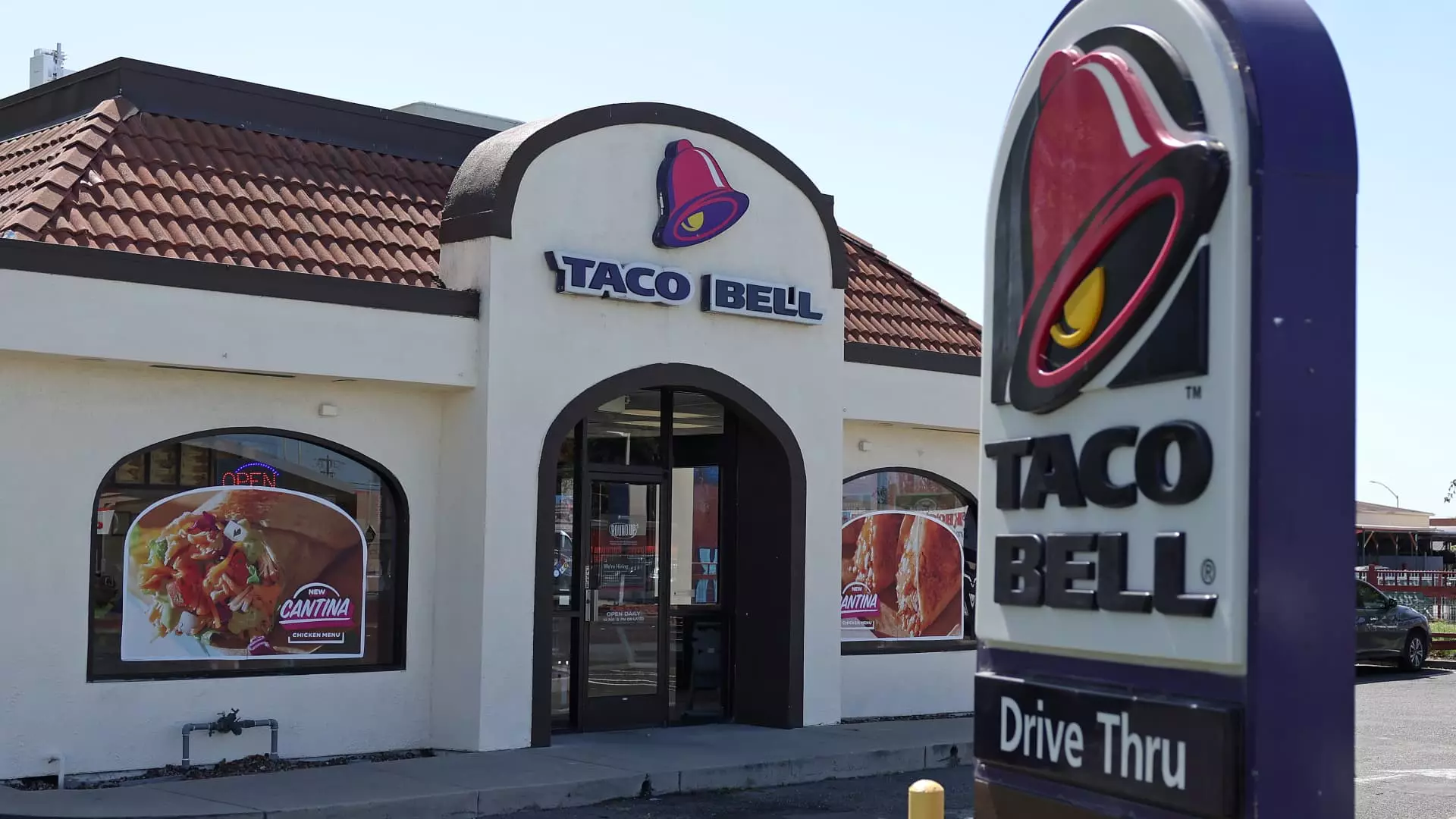In a recent public health scare, Yum Brands has taken preemptive measures by removing fresh onions from specified locations of its popular chains, Taco Bell, Pizza Hut, and KFC. This action is a response to a growing E. coli outbreak that has been predominantly linked to McDonald’s Quarter Pounder hamburgers. The outbreak has not only raised alarms among consumers but has also prompted swift action from various food service companies to ensure public safety.
The decision was articulated by a Yum spokesperson who stated, “As we continue to monitor the recently reported E. coli outbreak, and out of an abundance of caution, we have proactively removed fresh onions from select Taco Bell, Pizza Hut and KFC restaurants.” Although they did not clarify whether this move was directly tied to a recall initiated by U.S. Foods for onions produced by Taylor Farms, it demonstrates an acute awareness of potential risks affecting their menu items.
Health agencies are currently conducting thorough investigations to locate the root cause of the E. coli outbreak. So far, the outbreak has resulted in 49 confirmed cases and one tragic death across multiple states, including Colorado, Nebraska, and Wyoming. Of particular interest to the Centers for Disease Control and Prevention (CDC) are the raw ingredients involved in the preparation of the implicated McDonald’s patties, specifically noting that 18 interviewed individuals possessed a common history of consuming the restaurant’s signature hamburger.
This alarming situation has compelled McDonald’s to withdraw Quarter Pounders from around 20% of its U.S. establishments. Reports indicate that the focus is currently on the fresh beef patties and slivered onions. Importantly, McDonald’s has stated that all affected locations source their onions from a single facility, which is responsible for washing and cutting them. Interestingly, while its beef patties come from various suppliers, they are deemed safe if cooked correctly, as proper cooking methods can eliminate E. coli bacteria.
The vigilance demonstrated by Yum Brands highlights the critical importance of supply chain management in the food service industry. Given the interconnected nature of food suppliers, outbreaks like this one can have ripple effects throughout multiple brands, affecting customer trust and ultimately sales. The proactive approach taken by Yum brands serves as a lesson in preventative safety measures, as the company prioritizes public health over profit during this crisis.
Furthermore, the lack of clarity between suppliers—especially since U.S. Foods, which issued a recall of Taylor Farms’ onions, does not provide ingredients to McDonald’s—highlights a troubling communication gap within the industry. The absence of a confirmed link between the suppliers could leave consumers questioning the safety of their food choices across various dining establishments.
As the investigation unfolds, the emphasis will predominantly lie in rebuilding consumer confidence through transparency and accountability. Restaurant chains, including Yum Brands, must remain adaptive and ready to respond to emerging food safety concerns effectively. Only through stringent supplier oversight and proactive measures can these establishments not only avert health crises but also restore the trust of their patrons, laying a solid foundation for a healthier dining environment.

